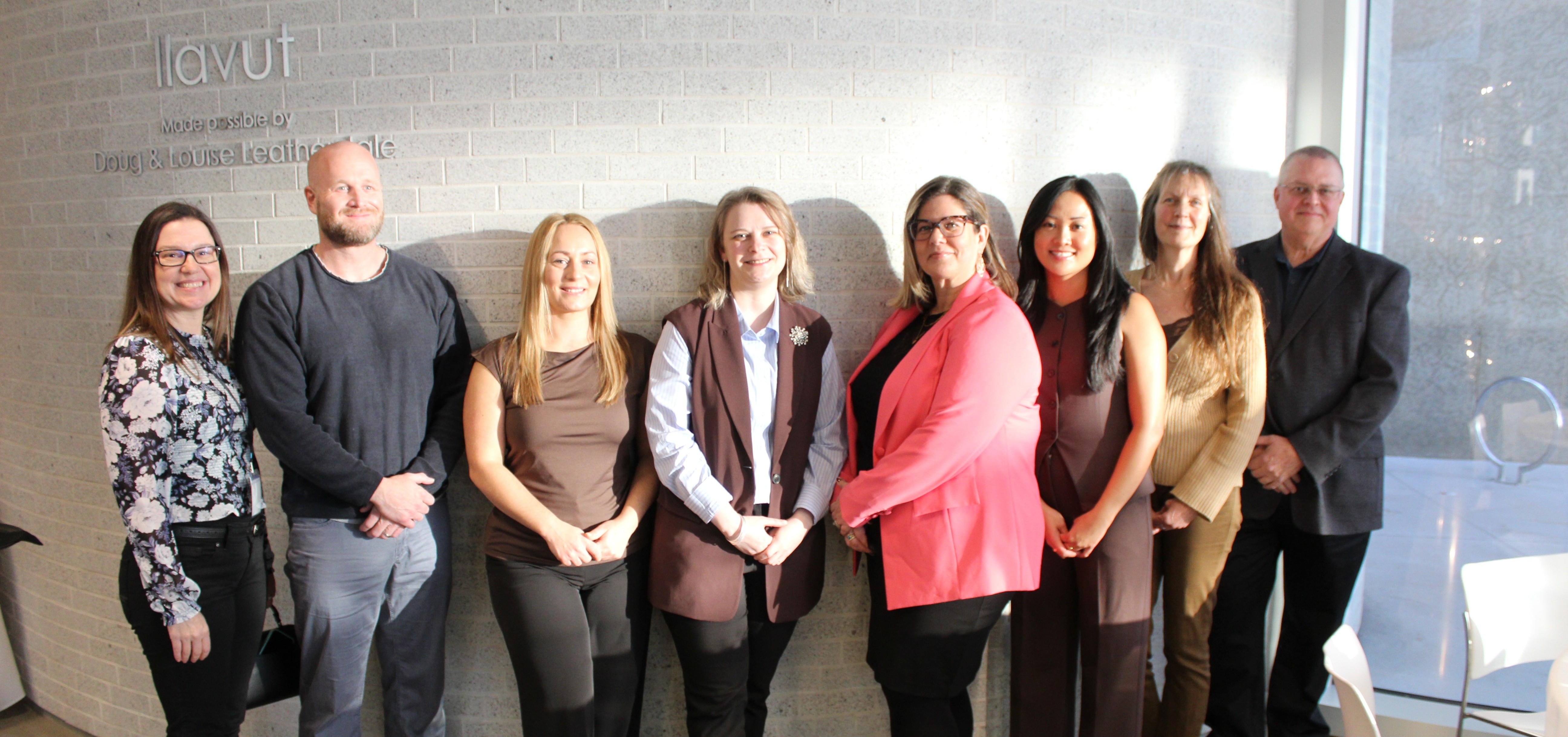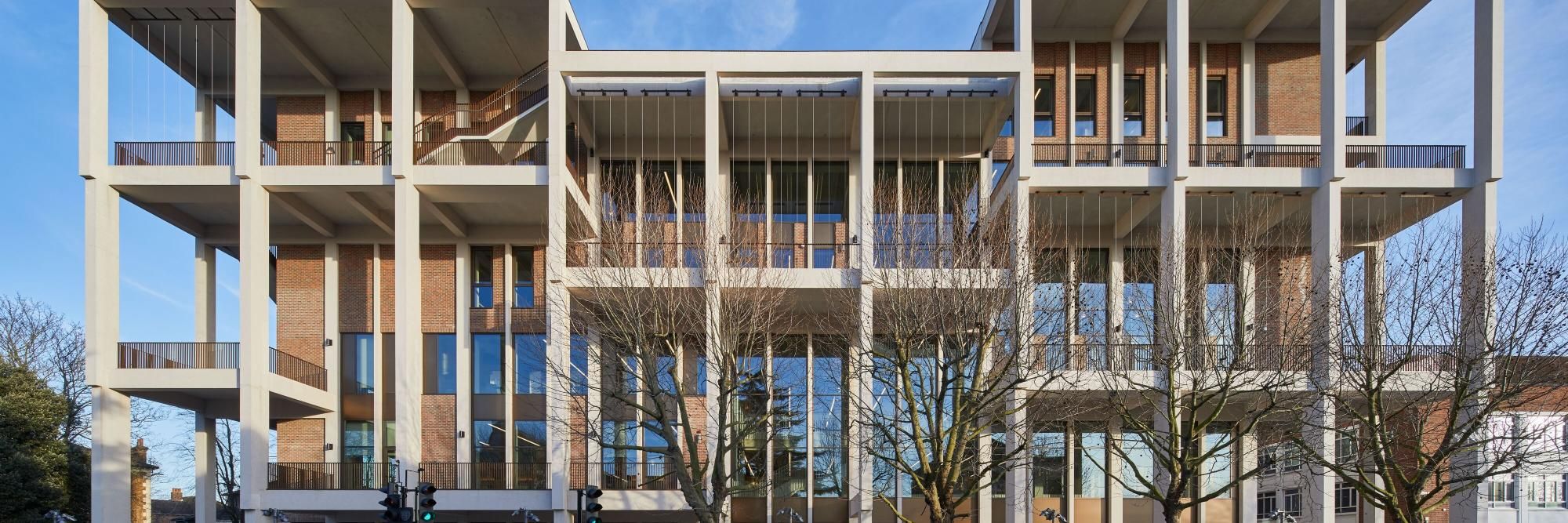<span id="test" class="text-size-large">By adopting ReDA as their centralised system, NHS Research Scotland (NRS) optimised governance processes, boosted multi-site trials, and gained real-time insights to drive clinical research success.</span>
About NHS Research Scotland
NHS Research Scotland (NRS) simplifies access to Scotland’s world-class research infrastructure, supporting the placement, set up and delivery of clinical research studies and innovative research collaborations from all sectors and therapy areas.
As a partnership of Scottish NHS Boards - who are responsible for planning and delivering healthcare services - and the Chief Scientist Office (CSO) of Scottish Government, it ensures NHS Scotland provides the best environment to support research and contributes towards a thriving life sciences sector.
NRS operates a portfolio of 1,500 clinical trials at any one time, with up to 40,000 recruits per year, and 1,300 unique investigators across Scotland.

Challenges: inconsistent data capture and no centralised system
Historically, NRS captured data across its Health Boards in different ways, meaning both NRS and the CSO couldn’t easily obtain an accurate and usable data set of clinical trial activities across Scotland. Without a standardised and centralised system, this led to several challenges, and missed opportunities, including:
- Difficulty in tracking clinical trial KPIs
- Challenges around real-time monitoring to identify problems in trial delivery
- Difficulty in making strategic and evidence-based decisions
- Delays in setting up multi-site clinical trials across Health Boards
NRS needed a national solution to streamline all data management across its Scottish Health Boards, enabling deeper and more accurate insights for clinical trial activities. In 2009, ReDA – Infonetica’s Clinical Trial Management System (CTMS) went live. NRS and Infonetica have partnered ever since.
Standardised and centralised system for accurate national picture
NRS and the CSO established the data points required to fulfil their objectives. Using ReDA’s configurability, they embedded a National Minimum Data Set into ReDA across all clinical stakeholders in Scotland.
Today, with the standardised central system, NRS continues to quickly identify gaps in data and feed this back to the Health Boards, enabling them to correct mistakes and ensure data quality and compliance are upheld. Importantly, ReDA enables the Health Boards to invoice all funding by identifying incomplete financial data.
Another benefit NRS has recognised with ReDA is saving 36 days a month across all Health Boards by centralising much of its data administration. This has delivered savings on average of 3 days a month from each of the boards’ administrative teams, freeing up their time to further focus on delivering clinical research.
ReDA has given us a much deeper view of our clinical trial data sets, enabling greater strategic insights for all activities happening across Scotland.
Ian Anderson, Information Services Manager
Tracking national KPIs to market Scotland for clinical trials
ReDA’s reporting gives NRS a clear picture of the typical clinical trial KPIs stakeholders track, such as how long it takes to complete governance and compliance checks, the time to recruit patients, and the capacity and performance of each Health Board.
These KPIs provide valuable insights supporting NRS to:
- Position Scotland as a competitive nation to carry out clinical research
- Identify under-represented commercial sponsors enabling NRS to proactively encourage them to run trials in Scotland
With the data and intelligence that flows out of ReDA, we have been able to increase delivery of clinical research and maximise revenue.
Ian Anderson, Information Services Manager
Real-time data for smarter decisions and to identify issues quickly
Using ReDA, NRS has become a data-driven and evidence-based organisation, making smarter decisions. With real-time reporting, NRS can quickly identify underperforming studies early in the lifecycle and implement corrective actions such as assigning additional support.
Another significant benefit has been improved budget allocation to each Health Board, leading to more effective use of government funding.
Streamlined system for setting up, delivering and tracking multi-site clinical trials
ReDA has reduced the time to set up trials and improved multi-site trial efficiency by:
- Enabling NRS to simplify and expedite its internal processes for running and managing clinical trials
- Empowering each Health Board to conduct their own governance checks and approvals, and accessing real-time data insights
This streamlined process has also further improved Scotland’s clinical trial KPIs such as accelerated approval and patient recruitment. Together, NRS and the Health Boards recruit up to 40,000 trial participants annually.
I regularly generate data reports from ReDA tohelp me track the performance delivery of studies, and to support the driversfor managing the recruitment of studies within our Network’s portfolio. Inaddition, I find working with ReDA as a national system helpful to extract datato provide information to support the CSO’s office in answering ParliamentaryQuestions. ReDA has enabled me to rapidly provide these real-time data insightsto support the CSOO.
Mary McAuley, Cardiovascular Network Manager
Summary and looking ahead
Over the last 15 years, ReDA has empowered NRS to revolutionise its data set, resulting in greater strategic insights for all clinical activities across Scotland. Thanks to configuring consistent data capture and embedding a centralised system, NRS now has high-quality data for all clinical activities. This has led to an increase in the delivery of clinical research and supported evidence-based decisions at a national level.
Powered by ReDA, NRS has been able to further enhance Scotland’s competitive position in the clinical trial space. NRS continues to partner with Infonetica, to support the ever-changing needs of clinical trial delivery and ensure Scotland’s success in an increasingly competitive global market.


.jpg)


.jpg)










